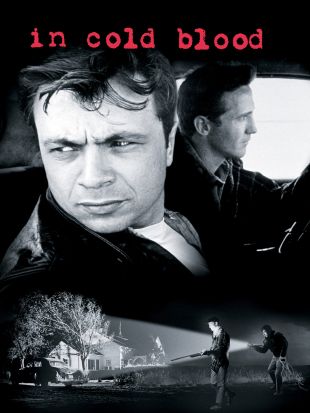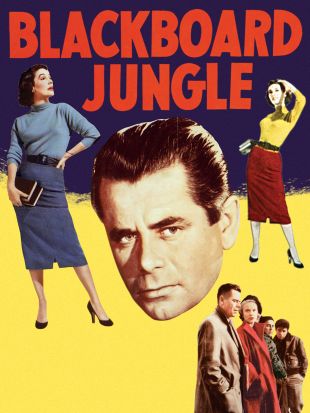After attending Philadelphia's Temple University, Richard Brooks labored away as a sports reporter for the Atlantic City Press Union, the Philadelphia Record and the New York World-Telegram. Brooks joined New York radio station WNEW as a staff writer in the late 1930s, then moved on to the NBC network writing pool. After a season as director of New York's Mill Pond Theatre, Brooks headed to Los Angeles, where he did some more radio writing and broke into films as a scripter of "B" pictures, Maria Montez epics and serials. Following two years' wartime service with the Marines, Brooks published his first novel, an anti-intolerance effort titled The Brick Foxhole. Brooks was contractually unable to work on the screenplay adaptation of Brick Foxhole (released in 1947 as Crossfire), but found time to pen a brace of additional novels; he also co-wrote Brute Force (1947) and Key Largo (1948). In 1950, Brooks made his directorial debut with MGM's Crisis, an offbeat political melodrama containing a memorable dramatic performance by Cary Grant. Brooks' breakthrough film as director was the landmark juvenile delinquent drama The Blackboard Jungle (1955). Thereafter, Brooks was regarded as an "independent" (though he didn't officially break away from the studio system until 1965), scripting as well as directing such prestige items as Brothers Karamazov (1958) and Cat on a Hot Tin Roof. He earned several Academy Award nominations, winning the "Best Screenplay" Oscar for Elmer Gantry (1960). Brooks' later independent productions, nearly all of them adapted from popular novels, included Lord Jim (1965) In Cold Blood (1967) Happy Ending (1969, starring Brooks' then-wife Jean Simmons) and Looking for Mr. Goodbar (1976). In 1987, Brooks entered into a partnership with actor Robert Culp, but their Crime Inc. Productions never produced a film.
Richard Brooks
Share on


